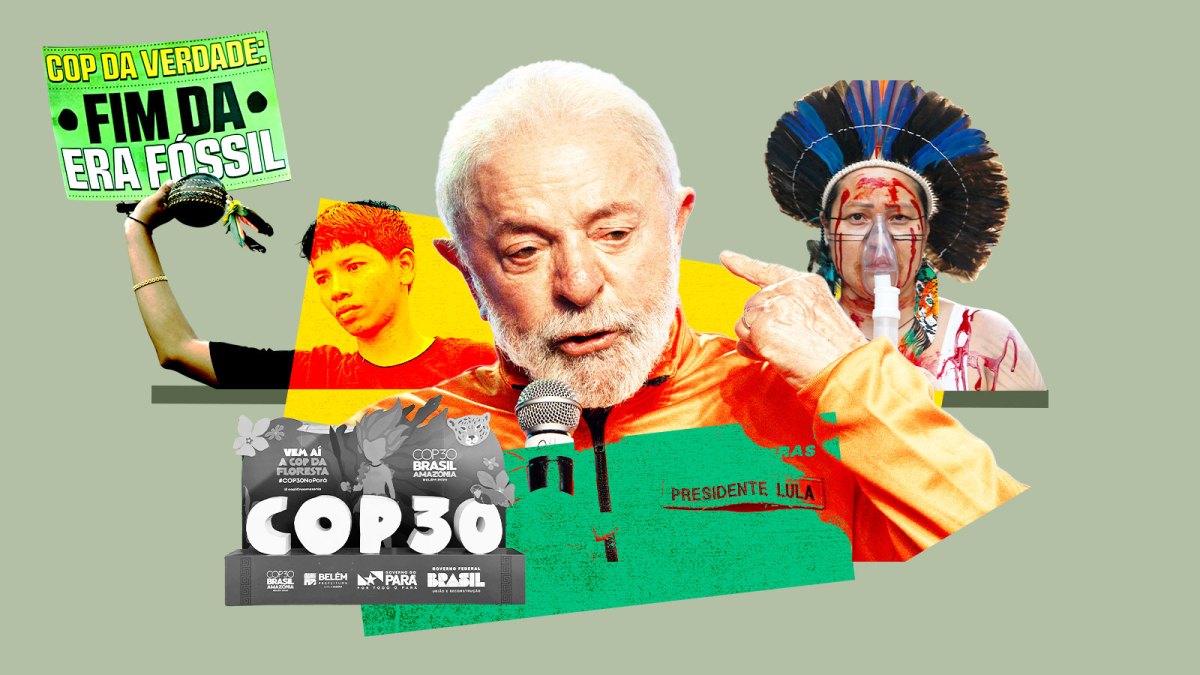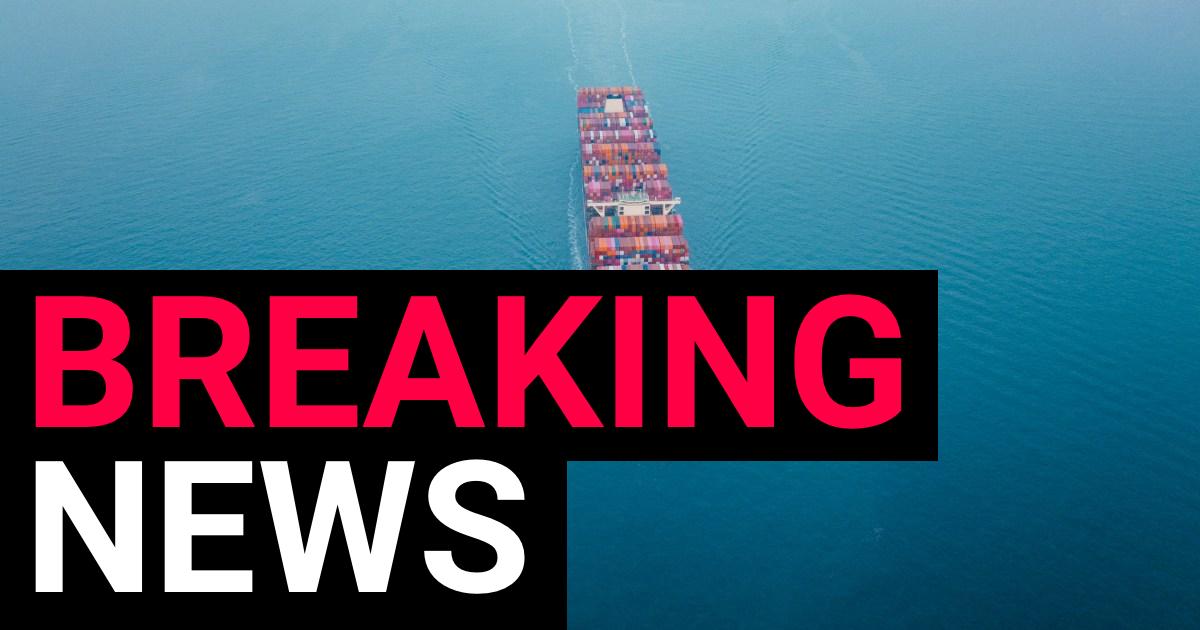Brazilian President Luiz Inácio Lula da Silva has approved oil drilling in parts of the Amazon rainforest, a significant policy shift that has raised concerns among environmental advocates and indigenous communities. This decision comes as Brazil hosts the COP30 climate conference, aiming to address global environmental issues while allowing oil exploration in previously untouched areas.
Historically, these territories remained protected even during the presidency of Jair Bolsonaro, who was widely criticized for his environmental policies. Lula’s administration, which took office in January 2023, was expected to prioritize the protection of the Amazon, known for its rich biodiversity and crucial role in regulating the Earth’s climate. However, the recent approval from the National Agency of Petroleum, Natural Gas and Biofuels (ANP) has sparked outrage among environmentalists and indigenous leaders who fear the implications for one of the planet’s most vital ecosystems.
Impact on Indigenous Lands and Environmental Advocacy
The areas opened for drilling are located in indigenous territories that have long been off-limits to such activities. Indigenous leaders argue that this decision undermines their rights and threatens their way of life. They express disbelief over Lula’s apparent reversal, given his previous commitments to environmental preservation and indigenous rights.
The approval has also drawn criticism from international environmental organizations, which argue that expanding oil drilling in the Amazon contradicts global climate goals. Environmental activists, who had hoped for a more sustainable approach under Lula’s leadership, have mobilized protests and campaigns to challenge this development.
Lula’s government contends that the economic benefits of oil drilling can help fund social programs and infrastructure improvements. The administration projects that increased oil revenue could contribute significantly to Brazil’s economy at a time when it faces fiscal challenges. However, critics counter that the long-term environmental costs may outweigh any short-term financial gains.
Global Reactions and Future Implications
International reactions have varied, with some countries expressing disappointment at Brazil’s decision to allow drilling in the Amazon. Environmentalists warn that oil exploration could lead to increased deforestation, further endangering wildlife and exacerbating climate change. The Amazon rainforest is often referred to as the “lungs of the planet,” playing a critical role in absorbing carbon dioxide and producing oxygen.
As COP30 unfolds, the spotlight is on Brazil and its commitment to combating climate change. Many observers are questioning how Lula’s government will reconcile its oil drilling policy with the urgent need to address environmental degradation. The outcomes of this conference could influence global climate policies and environmental protections moving forward.
The decision to allow oil drilling in the Amazon raises profound questions about the balance between economic development and environmental stewardship. As discussions continue at COP30, the world will be watching closely to see how Brazil navigates this complex issue and the potential repercussions for both its local communities and the global environment.







